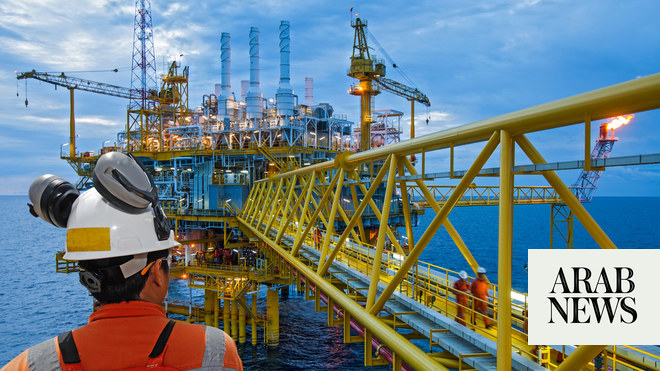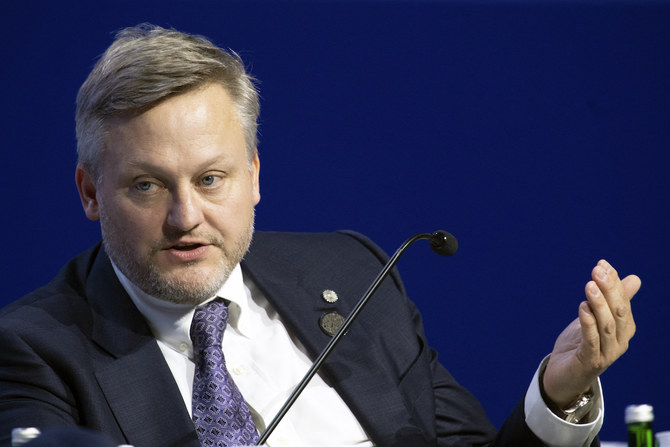
BP is braced for a $1bn (£800m) financial blow in its first-quarter results and plans to slash its spending by a fifth this year to weather “the most brutal” oil market rout in decades.
The oil giant told investors it would cut its annual spending budget by almost a quarter, to $12bn, to protect the financial health of the company during the coronavirus crisis. This will include a $1bn cut in spending on its US shale projects.
“This may be the most brutal environment for oil and gas businesses in decades,” the BP boss Bernard Looney said. “But I am confident that we will come through it – we know what to do and we have done so before.”
Global oil market prices have fallen from $65 a barrel at the start of the year to lows of $23 since the outbreak of Covid-19 triggered the most dramatic oil price collapse in almost 30 years.
BP revealed its billion-dollar impairment after Royal Dutch Shell warned investors on Tuesday that the sudden oil market collapse could wipe between $400m and $800m from its finances for the first quarter through a post-tax impairment charge.
The oil market collapse has raised questions over whether major oil companies will be able to afford to keep paying out billions of dollars in dividends to investors, pension funds and individual shareholders.
BP assured investors that it remains committed to growing its cashflows and shareholder payouts over the long term by “acting quickly and decisively” to protect its finances in the face of the crisis.
The crisis plans include steps to cut operating costs by $2.5bn by the end of 2021 and complete a programme to sell off $15bn of assets by the middle of next year.
BP’s decision to scrap $1bn of spending from its US shale business, BPX, comes as a blow to the company after it paid $10.5bn to become one of the biggest US shale producers a little over a year ago in a landmark deal with BHP. It expects BPX to produce about 70,000 barrels of oil a day in 2020, about 14% lower than its production last year.
BP vowed to help efforts to tackle the spread of the Covid-19 virus by offering the UK’s emergency service vehicles free refuelling at its service stations and supplying free fuel to air ambulances. In Brazil, the company plans to divert some of the sugarcane ethanol produced by its biofuel business to help make disinfectant products.










